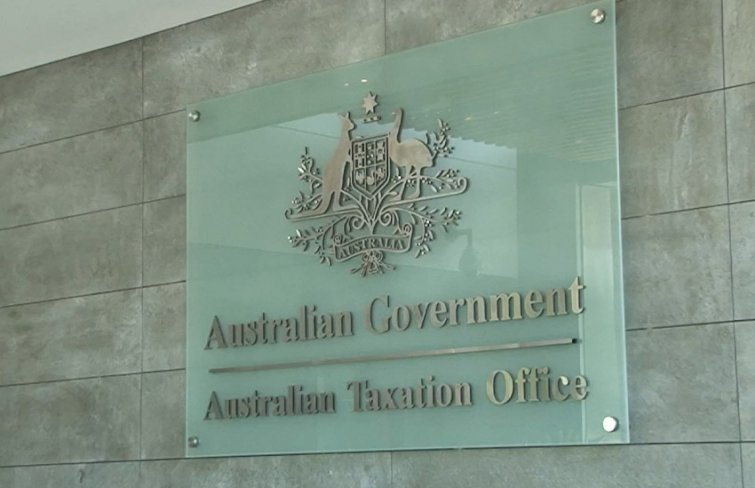Federal Budget 2024: Australia has made its future, but leaves small...
Treasurer Jim Chalmers presented his third Federal Budget on 14 May. The small businesses temporary instant asset...
READ MORE
People wanting to avoid paying tax on trusts have been dealt a blow with the new package of draft guidance materials by the Australian Taxation Office.

The ATO last week released materials on the section 100A and division 7A – two key anti-avoidance rules that set out the tax treatment of income of a trust estate and deemed company dividends.
The new draft guidance sets out the ATO’s concerns about trust arrangements aimed at avoiding tax, particularly where adult children of a trustee are made beneficiaries – one of the most significant guidance releases on trusts in the last 10 years.
However, it is not intended that they will retain any benefit of that income, and the arrangements are predicated on avoiding tax.
Robyn Jacobson, CTA, senior advocate at The Tax Institute, said it is not uncommon for adult beneficiaries to receive distributions from trusts controlled by their parents.
“But the ATO has now warned it will be watching these arrangements closely. Trustees may find that common set ups like using an adult child’s trust entitlement to repay living costs and the cost of raising them as children are subject to tax under section 100A,” she said.
Section 100A contains an exemption for an ordinary family or commercial dealing. However, an arrangement does not fall within this exemption just because it is commonplace.
The ATO generally won’t review arrangements entered into before 1 July 2014, however there are three exceptions.
For arrangements entered into before 1 July 2022, taxpayers can follow existing ATO web guidance if this is more favourable to their circumstances than today’s draft guidance.
The ATO concurrently issued draft guidance on division 7A, which aims to prevent private company owners from avoiding tax by accessing company dividends in another form, such as through the use of a trust. The new draft guidance outlines that when trust income is owed but not paid to a private company beneficiary, it will be treated as a loan to the trustee. This includes certain sub-trust arrangements where the funds are used by the company’s shareholder or their associate.
Ms Jacobson said this is a significant change from the ATO’s previous position and means company shareholders and associates are more likely to wind up paying tax on a broader range of arrangements deemed to be dividends under division 7A.
“Tax practitioners will need to think through the new draft guidance materials and work through the implications for their clients. In some cases, this will mean big changes to common, longstanding ways of arranging trusts and distributing trust income each year,” she said.